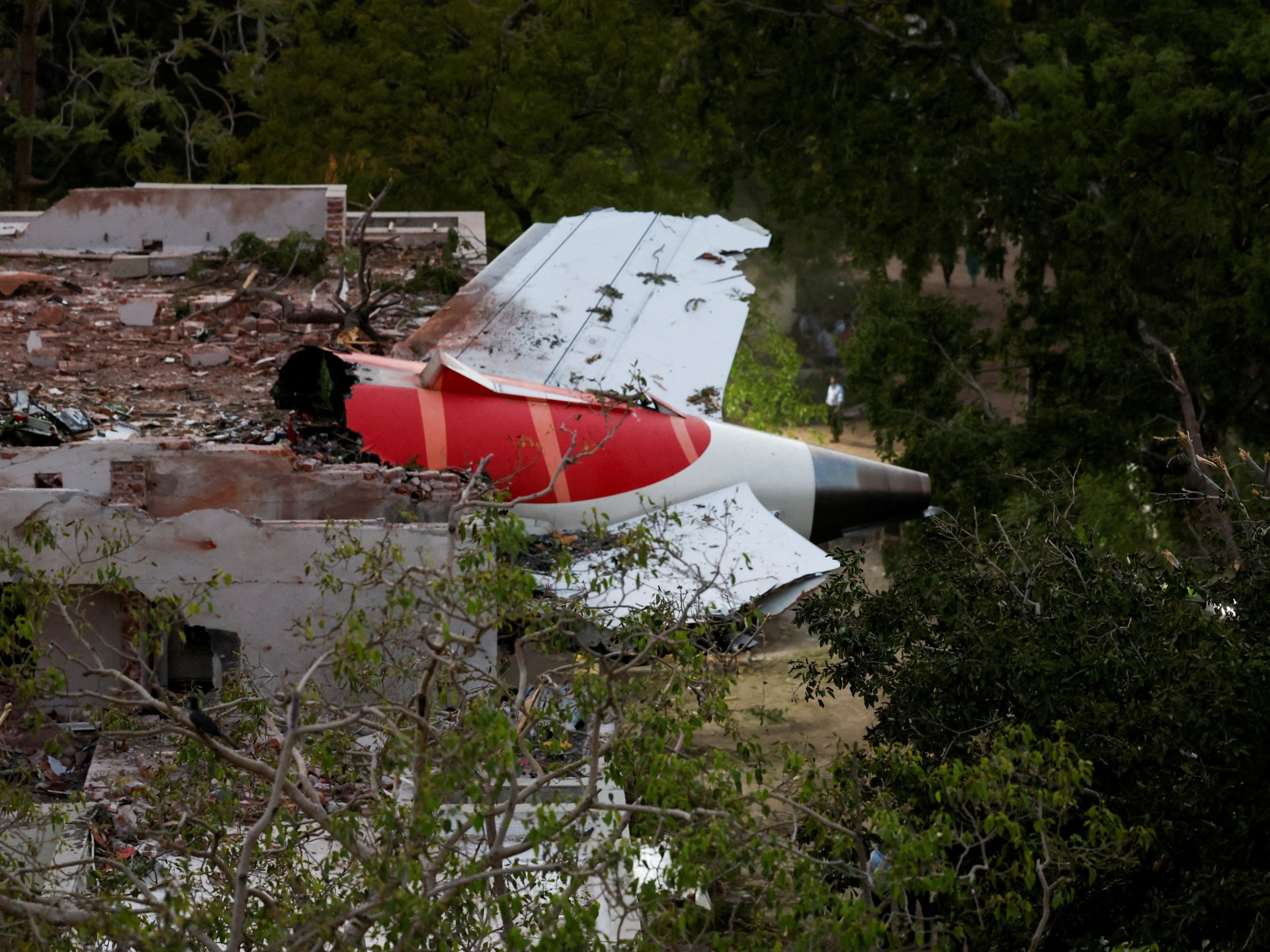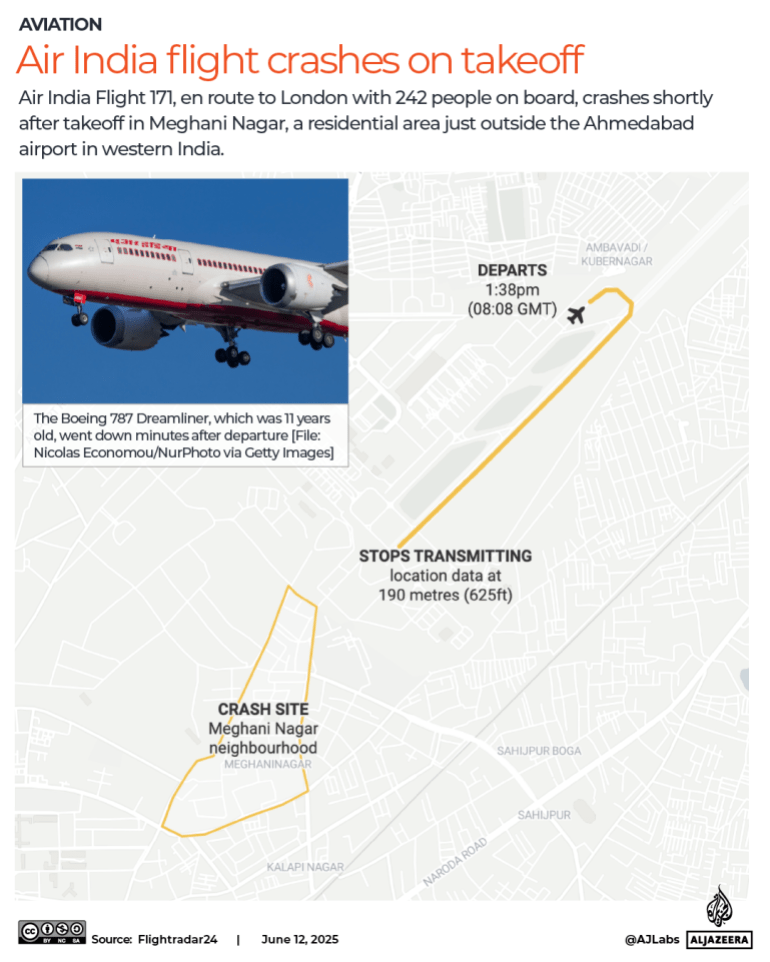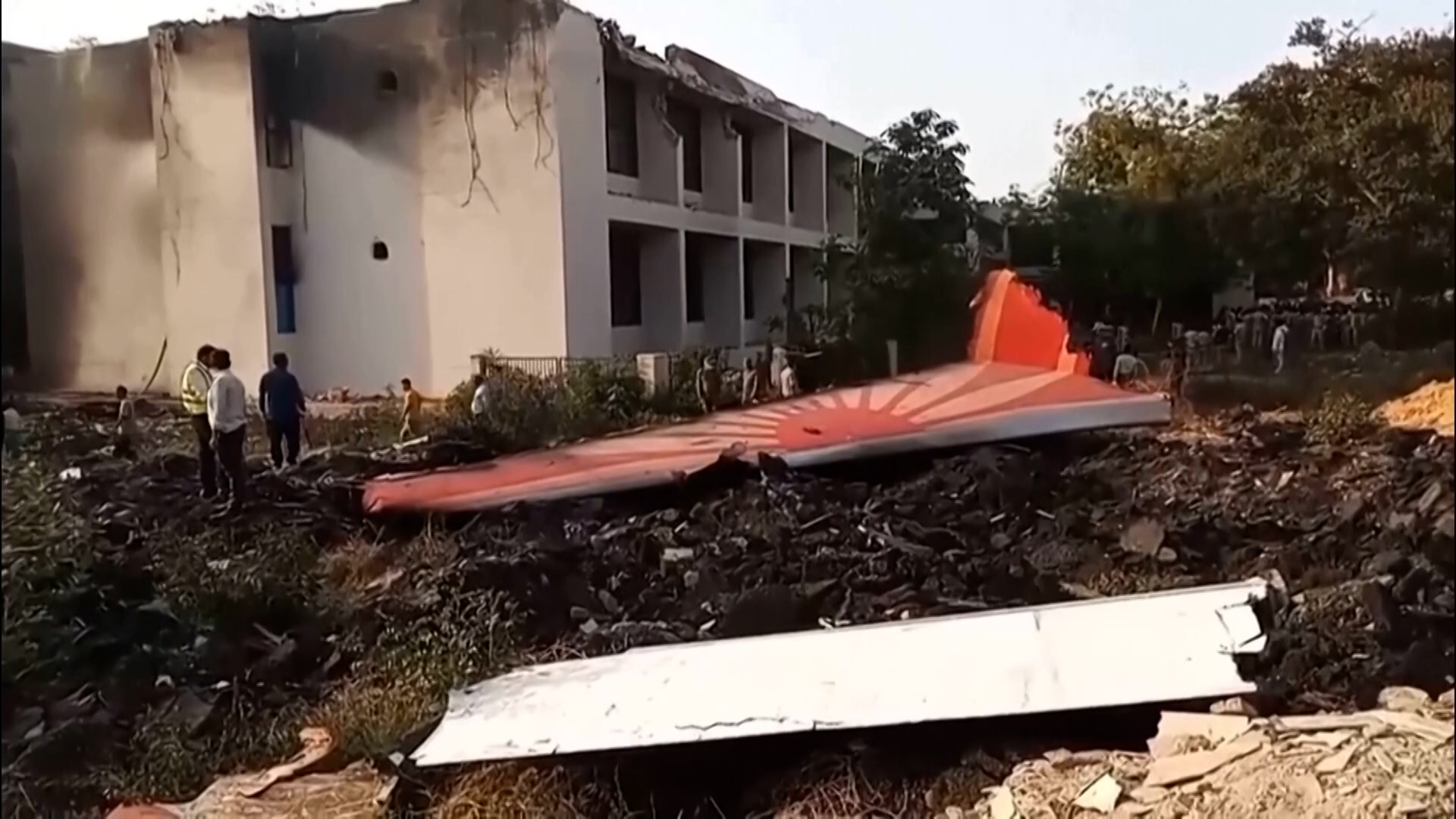India orders airlines to inspect Boeing fuel switches after Air India crash | Aviation News
India’s aviation agency tells airlines to investigate fuel switch locks on several Boeing models, including 787s and 737s.
India has ordered its airlines to examine fuel switches on several Boeing models following last month’s deadly Air India crash.
India’s Directorate General of Civil Aviation on Monday said it asked the airlines to investigate fuel switch locks on several Boeing models, including 787s and 737s.
The precautionary moves by India and several other countries came despite the plane maker and the United States Federal Aviation Administration (FAA) telling airlines and regulators in recent days that the fuel switch locks on Boeing jets were safe.
The locks have come under scrutiny following the June 12 crash of an Air India jet, which killed some 260 people – the worst such disaster on Indian soil.
A preliminary report on the crash by Indian authorities did not offer any conclusions or apportion blame for the disaster, but indicated that one pilot asked the other why he cut off fuel, and the second pilot responded that he had not.
The report noted a 2018 advisory from the FAA, which recommended, but did not mandate, operators of several Boeing models, including the 787, to inspect the locking feature of fuel cutoff switches to ensure they could not be moved accidentally.
In recent days, the Air India Group started checking the locking mechanism on the fuel switches of its 787 and 737 fleets and has discovered no problems yet, a source familiar with the matter told the Reuters news agency on Monday.
About half the group’s 787s have been inspected and nearly all its 737s, the source added, speaking on condition of anonymity since the source was not authorised to speak to the media. Inspections were set to be completed in the next day or two.
Precautionary checks
The Air India crash preliminary report said the airline had not carried out the FAA’s suggested inspections, as the FAA’s 2018 advisory was not a mandate.
But it also said maintenance records showed that the throttle control module, which includes the fuel switches, was replaced in 2019 and 2023 on the plane involved in the crash.
In an internal memo on Monday, Air India CEO Campbell Wilson said the preliminary report found no mechanical or maintenance faults and that all required maintenance had been carried out.
Some airlines around the world have been checking relevant switches since the 2018 advisory, including Australia’s Qantas Airways and Japan’s ANA.
Others said they had been making additional or new checks since the release of the preliminary report into the Air India crash.
Singapore Airlines said on Tuesday that precautionary checks on the fuel switches of its 787 fleet, including planes used by its low-cost subsidiary Scoot, confirmed all were functioning properly.
Flag carrier Korean Air Lines also said on Tuesday it had proactively begun inspecting fuel control switches and would implement any additional requirements the Ministry of Transport may have.
The Boeing 787-8 Dreamliner was headed to London from Ahmedabad in western India when it crashed, killing all but one of the people on board as well as 19 people on the ground.



